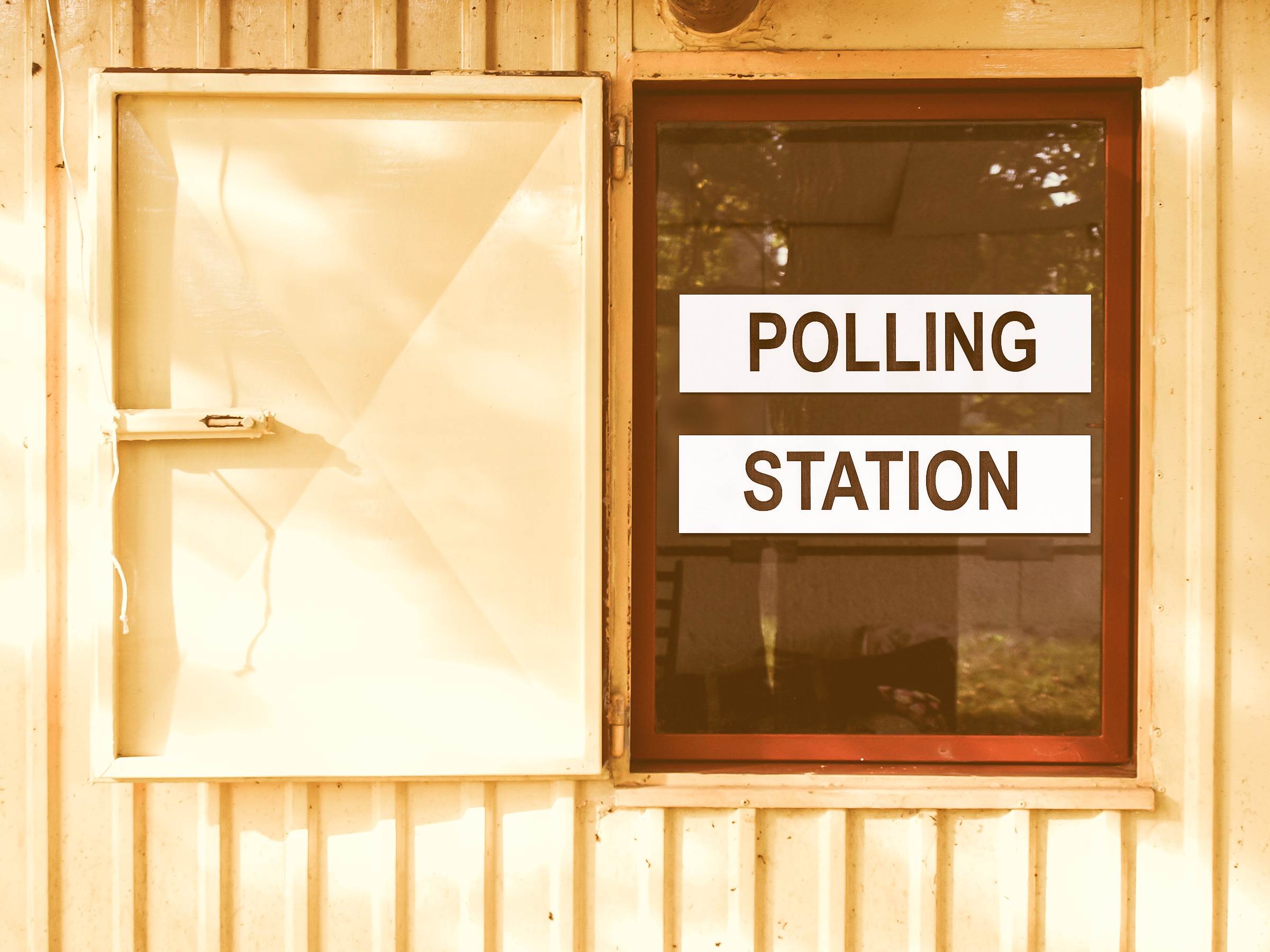
Democracy Looks Different: Postponed Elections
This blog is part of the CPA’s blog series, ‘Democracy Looks Different: How the pandemic changed Commonwealth democracies.’ The series was published to mark International Day of Democracy 2021. You can find all the articles in the series here.
Taking part in government and voting in ‘periodic, genuine elections’ is a well-established right according to international human rights law. It is enshrined in the 1948 Universal Declaration of Human Rights and the 1966 International Covenant on Civil and Political Rights. The CPA Recommended Benchmarks for Democratic Legislatures similarly recognise that ‘accountability through regular and periodic legislative elections’ is a core tenet of standard democratic practice.
The decision to postpone an election and prevent citizens, at least temporarily, from exercising their regular right to vote is therefore a major one and should be taken only in a very limited set of circumstances. Previously, these have included major crises such as world or civil wars, natural or humanitarian disasters, and technical delays related to logistical issues.
There is very little precedent for postponing an election due to the prevalence of a deadly virus. In 1918, the United States held a Congressional midterm election during a wave of the Spanish flu, one of the deadliest pandemics in history. More recently, in 2018 the government of the Democratic Republic of Congo postponed voting in Ebola-affected communities, citing insecurity and public health risks, although the decision was criticised by some members of the opposition as anti-democratic.
The mass postponement of elections worldwide during the COVID-19 pandemic has no direct comparison in history. Since 21 February 2020, at least 79 countries and territories have postponed national and subnational elections due to COVID-19. Whilst the data is limited, it is unlikely that even the two world wars of the twentieth century forced so many votes to be delayed.
One Commonwealth jurisdiction that was forced to postpone its election was the island territory of Guernsey. Securing an election date amidst a volatile situation proved a difficult challenge for Members of Guernsey’s States of Deliberation. However, after an initial postponement, the election was successfully held in October 2020, observed by a CPA BIMR virtual Election Expert Mission.
On International Day of Democracy, the then President of the States’ Assembly and Constitution Committee, Deputy Neil Inder, retells the story of how Guernsey’s election eventually took place and reflects on the lessons learned, which will be particularly valuable to other small jurisdictions in emergency situations.
Case Study: The 2020 Guernsey General Election
“Guernsey’s 2020 General Election had originally been scheduled for June 2020. The spread of COVID-19 around the globe caused the States’ Assembly & Constitution Committee to review in March 2020 whether the General Election should continue as planned. It concluded at that time that any Election in June would be unlikely to be sufficiently free, fair and safe.
Given the role of the Committee and the make-up of the team, there was great regret that any Election would be postponed. I was of the view that the first job of any democracy is to deliver its democracy.
However, given the Island’s positive progression through the ‘Exit from Lockdown’ Framework, in May the Committee was directed to review the feasibility of holding the Election in Autumn 2020. A further report was debated by the States on 1 July, and it was agreed the General Election would be held on 7 October.
In preparing to hold the Election during a pandemic, we consulted with Public Health to seek guidance on how the Election could be organised in such a way as to minimise the risk of COVID-19 transmission; including the contingencies that could be put in place to continue to deliver such an Election safely if the Island were to return to an earlier phase of the Lockdown Framework during the election period.
Arrangements were put in place in line with Public Health advice and the first Island-wide General Election was successfully held. This was the Island's first Island Wide General Election. Under great pressure, in the middle of a global pandemic, I was extremely proud to be part of that process and the exceptional work of a small delivery team. We delivered our democracy.”
To find out more about the 2020 Guernsey Election, read the report of CPA UK's virtual Election Expert Mission.
Guernsey: A View from the CPA Acting Chairperson
On International Day of Democracy, Hon. Ian Liddell-Grainger MP (United Kingdom) reflects on his recent visit to Guernsey and what other Commonwealth jurisdictions, particularly small jurisdictions, can learn from how democracy works on the island
Small states of the Commonwealth have, on average, consistently scored higher in global democracy indexes than larger jurisdictions. Explanations for this phenomenon abound, including familism, better citizen engagement and unique economic development models. Yet my own recent, first-hand experience within a small jurisdiction may enlighten this debate, particularly as we celebrate International Day of Democracy. It was on a visit to Guernsey – my first overseas visit as CPA Acting Chairperson – where I saw a small but effective jurisdiction that worked hard to uphold and strengthen its democratic institutions.
Guernsey, like all Commonwealth jurisdictions, has been deeply impacted by the COVID-19 pandemic. An election due to take place in June 2020 was initially postponed for 12 months. However, through a fast and effective policy response across the island, they were able to move the election date forward to October 2020. A successfully run election, in line with international standards, saw 38 Deputies returned in a new look legislature following a 2018 referendum on electoral reform. This underlined the island’s commitment to ‘carry on’ with democracy despite the challenges they were faced with, including a global pandemic.
Guernsey’s unwavering commitment to the democratic process highlights a great ingenuity and resilience that runs through many small jurisdictions. Guernsey is also an example of how small jurisdictions can punch well above their weight on the global stage and play to their strengths. During my brief time there I saw many similarities to my own experience in Westminster but also many differences and ways that Guernsey – with its own particularities resulting from its smallness – “made things work for themselves”.
Small jurisdictions could, therefore, offer some of the biggest lessons on democracy for the rest of the Commonwealth.
This International Day of Democracy blog series reviews how Commonwealth democracies have changed the way they operate in the last year, examining the lessons learned and forming a picture of what post-pandemic democracies might look like. Read the rest of the series now.



